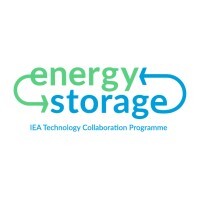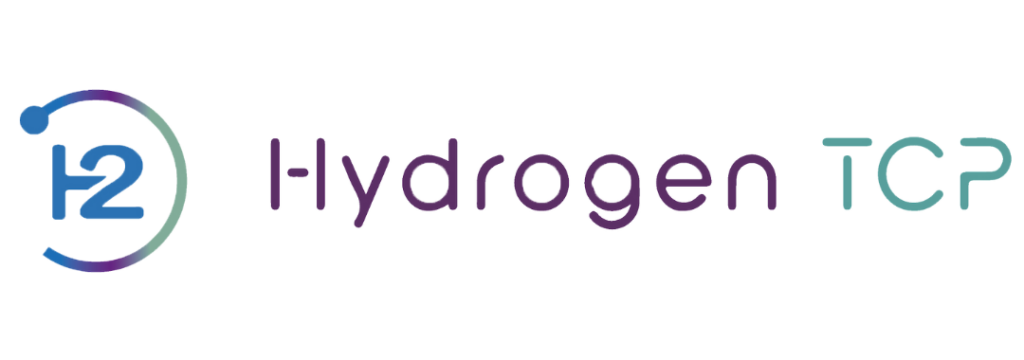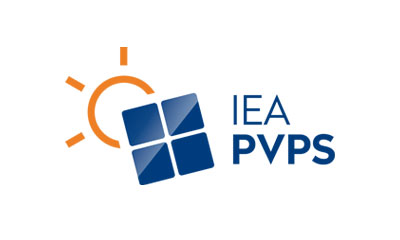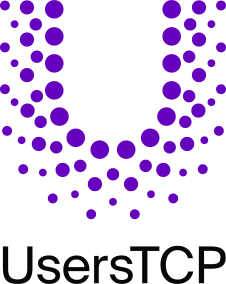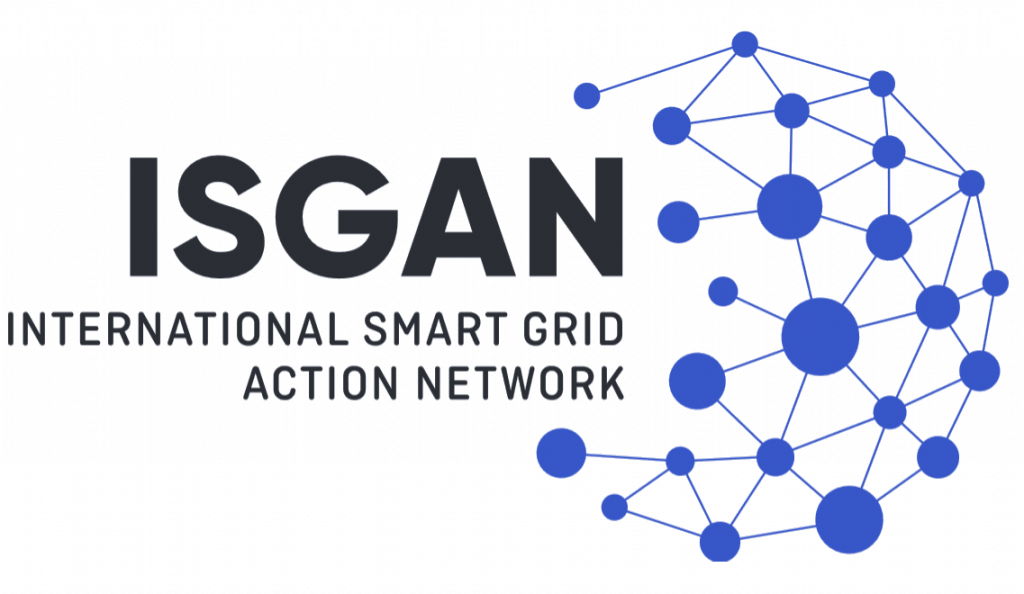Initiatives and Partnerships
ISGAN is a joint initiative of the

As an IEA Technology Collaboration Programme (TCP), ISGAN works closely with the IEA and other TCPs on power system-related research and interacts with the End Use Working Party (EUWP). It is part of the Working Party on Renewable Energy Technologies (REWP).

As a CEM initiative, ISGAN provides policy support and briefings at various CEM events and meetings. Other collaboration efforts include coordination within other CEM initiatives and external communication.
ISGAN has several ongoing partnerships with the following initiatives:
The 21st Century Power Partnership is a multilateral CEM effort that aims to accelerate the global transformation of power systems, serves as a platform for public-private collaboration to advance integrated policy, regulatory, financial, and technical solutions for the large-scale deployment of renewable energy in combination with deep energy efficiency and smart grid solutions, and aims to add value to ongoing power system transformation efforts by expanding the network of expertise, accelerating learning and knowledge sharing, and elevating the visibility of national efforts.
The Solutions Center empowers governments, advisors, and analysts to develop impactful policies and programs that accelerate the adoption of advanced energy technologies and promote access to affordable, reliable, and secure energy. As a comprehensive knowledge portal, it provides access to a wealth of online energy resources, such as policy best practices, data, and analysis tools.
European Technology and Innovation Platforms (ETIPs) were created by the European Commission in the framework of the new Integrated Roadmap Strategic Energy Technology Plan (SET Plan) by bringing together a multitude of experts from a wide array of stakeholders of the entire energy sector. The ETIP Smart Networks for Energy Transition (SNET) role is to guide Research, Development & Innovation (R&D&I) to support Europe’s energy transition.
In 20223, ISGAN and GSEF signed a new Memorandum of Understanding to enhance their joint collaboration.
The Global Power System Transformation Consortium is a public-private collaboration that connects power system operators, industry, and leading research institutions to address key technical challenges in operating the secure, affordable, advanced power systems of the future. Participants work to accelerate technical solutions that enable the greatest progress possible in power system modernization around the world. G-PST also coordinates peer learning networks and country-level technical assistance delivery efforts for Africa, Asia, and Latin America and the Caribbean through regional partner organizations.
The Green Powered Future Mission operates in the framework of the global initiative Mission Innovation (MI) with the goal to demonstrate that by 2030 power systems in different geographies and climates are able to effectively integrate up to 100% variable renewable energies in their generation mix and maintain a cost-efficient, secure and resilient system. Through large-scale demonstrations and enhanced investments in research and development, a toolbox of innovative solutions provide confidence that all countries can build a renewable-powered future and realize an affordable clean energy transition will be developed.
During a side event of the 2022 Global Clean Energy Action Forum in Pittsburgh, ISGAN and GPFM signed a Memorandum of Understanding to further strengthen their already fruitful collaboration and joint activities.
The Global Smart Energy Federation is an association of major smart grid stakeholder associations and initiatives organized as a not-for-profit corporation in 2010 and committed to sharing smart grid best practices and providing easy access to clean technology, policy, and project insights to countries seeking to deploy Smart Grid in the most cost-effective yet transformational manner in their markets to enhance security, increase flexibility, reduce emissions, and improve affordability, reliability, and accessibility.
ISGAN and GSEF signed a new Memorandum of Understanding to strengthen their already fruitful collaboration and joint activities at the 16th Clean Energy Ministerial (CEM16) in Busan, Republic of South Korea in August 2025.
ISGAN actively collaborates with many IEA TCPs:
The Energy Storage TCP facilitates integral research, development, implementation, and integration of energy storage technologies such as electrical energy Storage, thermal energy Storage, and chemical energy storage. It helps to advance the research, development, and commercialisation of energy storage technologies by supporting the work of independent, international expert groups.
The High Temperature Superconductivity TCP works to evaluate the status and assess the prospects for future use of HTS by the electric power sector within the developed and developing world and to disseminate these results to decision makers in government, the private sector, and the research and development community
The Hydrogen TCP was established in 1977 under the IEA’s auspices to pursue collaborative hydrogen research and development and information exchange among its member countries. It envisions a hydrogen future on a clean sustainable energy supply that plays a key role in all sectors of the global economy.
The IETS programme focuses on energy use in a broad range of industry sectors, uniting IEA activities in this area. The work included in IETS ranges from specific developments of process or energy technologies to overall system aspects, in which energy efficiency is an important part, for practically all types of industry types.
The IEA Photovoltaic Power Systems Programme is one of the collaborative R&D Agreements established within the IEA and, since its establishment in 1993, the PVPS participants have been conducting a variety of joint projects in the application of photovoltaic conversion of solar energy into electricity.
The User-Centred Energy Systems mission is to provide policy-relevant evidence on factors influencing energy use, including technology acceptance, and their impact on society. It provides a home for international networks of social researchers, economists, political scientists, and policy makers to work collaboratively on compiling and sharing best practice policy-relevant research on the energy transition.







